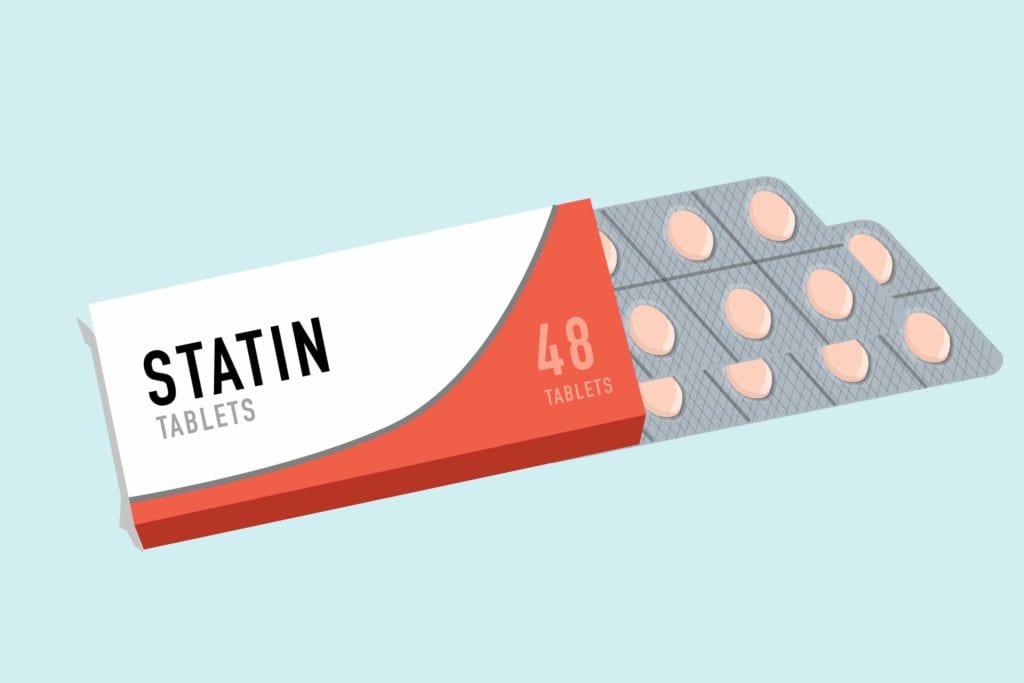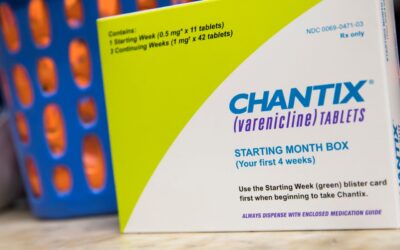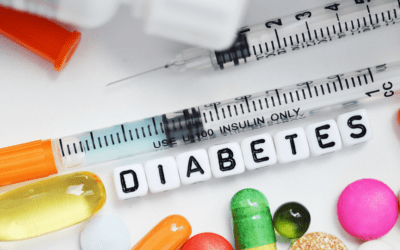People report that statins cause muscle aches and other side effects, but a 2020 study suggests that may be true for only a small percentage of patients. Stains are cholesterol-lowering drugs, usually prescribed for those at risk for cardivascular disease.
Reported in The New England Journal of Medicine, British researchers enrolled 60 people in a study of statin side effects. Every participant previously took statins, but stopped because of side effects. They were given 12 prescription drug bottles. Four of the bottles had a month’s supply of atorvastatin. Four bottles had a placebo pill that looked like the statin pill. Four bottles were completely empty. During the next year, participants used each bottle for one month, following a random pattern. Every day participants recorded their symptoms by smart phone, ranking their symptoms from 0 (none) to 100 (worst possible symptoms.)
What researchers found was that average symptom scores during the empty bottle month was 8.0. That was twice as high as when participants took the statin pill. However, there was no significant difference in average scores when people took the fake pills. The average symptom score for the statin was 16.3 and the average score for the fake pills was 15.4. Some participants reported worse symptoms from fake pills.
Still, researchers do think statins may cause symptoms in five to 10 percent of users. Here’s how you can analyze symptoms while taking statins:
* If the ache or weakness is recent and started within a month of starting the statin.
* If the pains are symetrical. For example, leg pain would affect both legs. Body pain would be on both sides.
* If the pain is unexplained and not caused by new activity or an injury.







